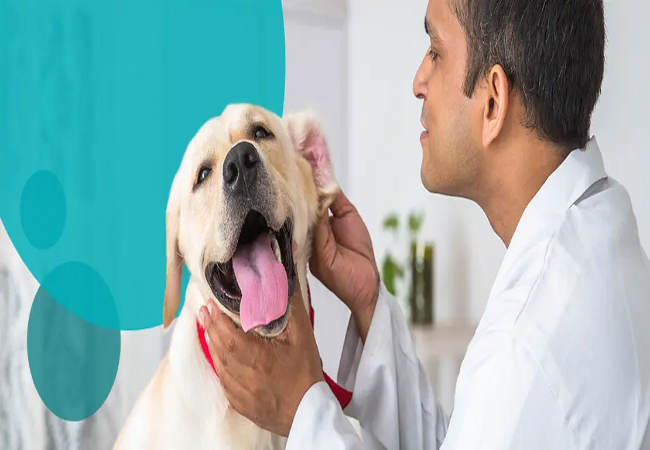Dog Shaking Head in 2025: Vet‑Backed Guide 🐶🔄

In this article
Dog Shaking Head in 2025: Vet‑Backed Guide 🐶🔄
By Dr. Duncan Houston BVSc
📌 Is It Normal or a Concern?
Occasional head shaking—after a bath, nap, or play session—is normal. But persistent, vigorous shaking, especially with ear scratching, can indicate an issue that needs veterinary attention.
👂 Common Causes
- Ear infections (bacterial/yeast): most frequent cause—itching, discharge, redness, and odor.
- Allergies: environmental or food allergies trigger itchy ears and subsequent shaking.
- Water trapped after baths or swimming—dogs often shake to remove it.
- Ear mites: common in puppies—cause intense itching and dark debris.
- Foreign bodies: grass awns, seeds, and insects lodged in the ear canal.
- Trauma or insect bites: bites, stings, or ear flap injuries may cause shaking.
- Polyps or tumors: growths in the ear canal can lead to chronic shaking.
- Neurological conditions, e.g., vestibular disease, may cause head tilt and shaking.
🔍 How Vets Diagnose It
- Physical exam of ears, head, and lymph nodes.
- An otoscope exam to visualize the inside ear canals.
- Microscopic swabs or cytology for yeast, bacteria, or mites.
- Imaging (X-ray/CT) for masses or deeper infections.
- Neurological tests if vestibular signs are present.
🛠️ Treatment Options
- Ear infections: topical antibiotics or antifungals ± oral meds; ear cleaning is essential.
- Allergies: antihistamines, steroids, immunotherapy, allergy control.
- Water removal: prevent via cotton in ears; dry after swimming; use drying solutions.
- Mites/foreign bodies: parasite treatment or safe removal at vet’s office.
- Trauma or bites: anti-inflammatories, topical care, possible drainage.
- Hematomas: blood-filled ear flaps—clearing, draining or surgery needed.
- Polyps/tumors: surgery or further diagnostics.
- Vestibular disease: supportive care; most dogs improve within weeks.
⚠️ Why Prompt Care Matters
Ignoring head shaking may lead to complications like ear haematomas, chronic infections, hearing loss, pain, or balance issues. Early treatment leads to faster relief and better long-term outcomes.
🛡️ Home Care & Prevention
- Clean and dry ears after water exposure; use vet-approved drying solutions.
- Inspect ears weekly for redness, debris, and odor.
- Regular, gentle ear cleaning to prevent wax/infections.
- Use cotton or earplugs during baths/swims; keep the ear canal dry.
- Manage allergies through diet, environment, or meds.
- Promptly treat insect bites or remove debris after outdoor activities.
- Keep appointments for chronic or recurrent ear issues.
📈 Outlook
With correct diagnosis and treatment, most dogs fully recover with no long-term effects. Lingering or recurring issues may require ongoing management, but today’s therapies work well for chronic ear disease.
📞 When to See the Vet Immediately
- Severe or persistent head shaking 💥
- Ear swelling, bleeding, or foul odor
- Head tilt, balance issues, or trauma
- Pain reactions when the ear is touched
Getting help early avoids suffering and complications. For guidance anytime, check the Ask A Vet app 🐾📲.






